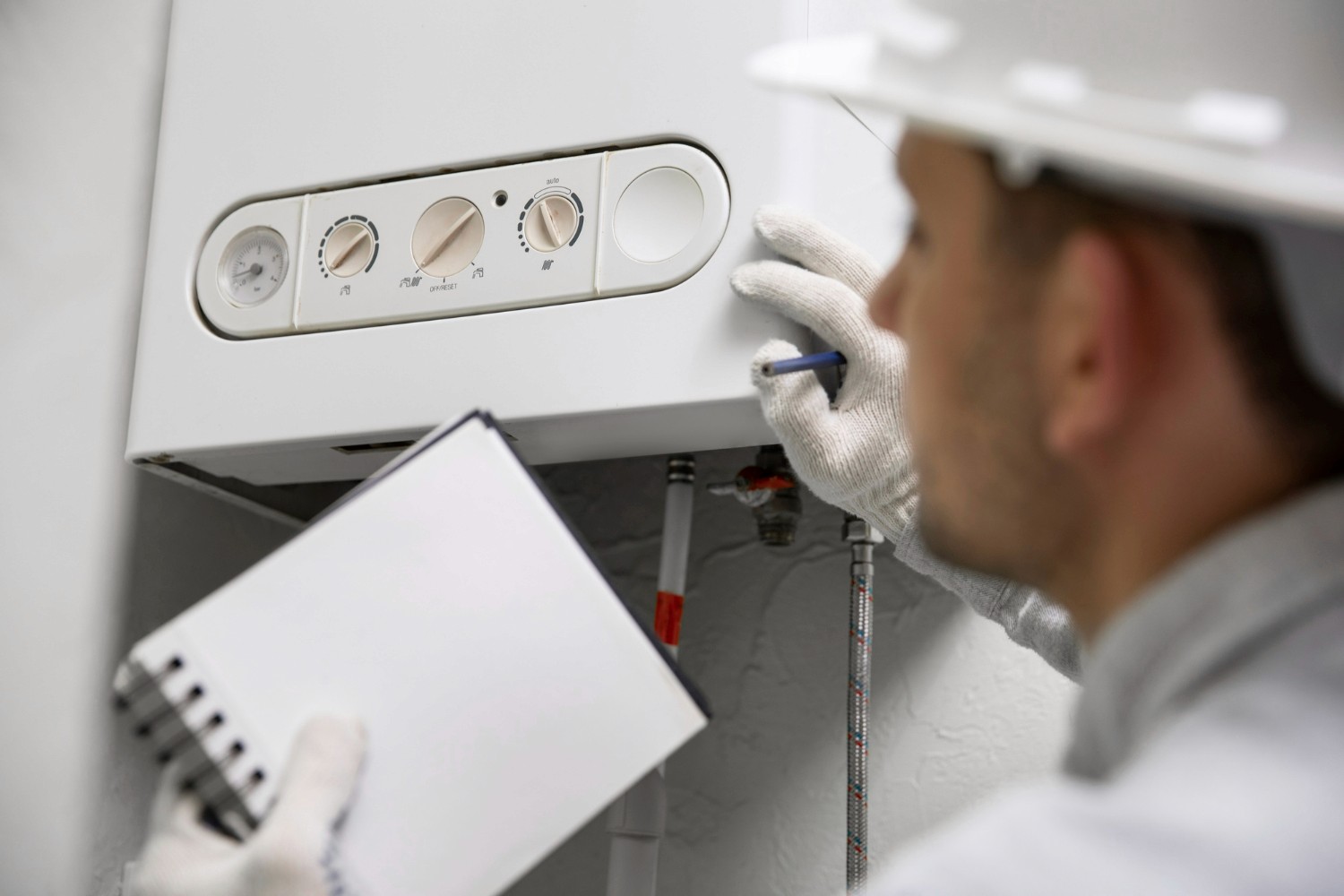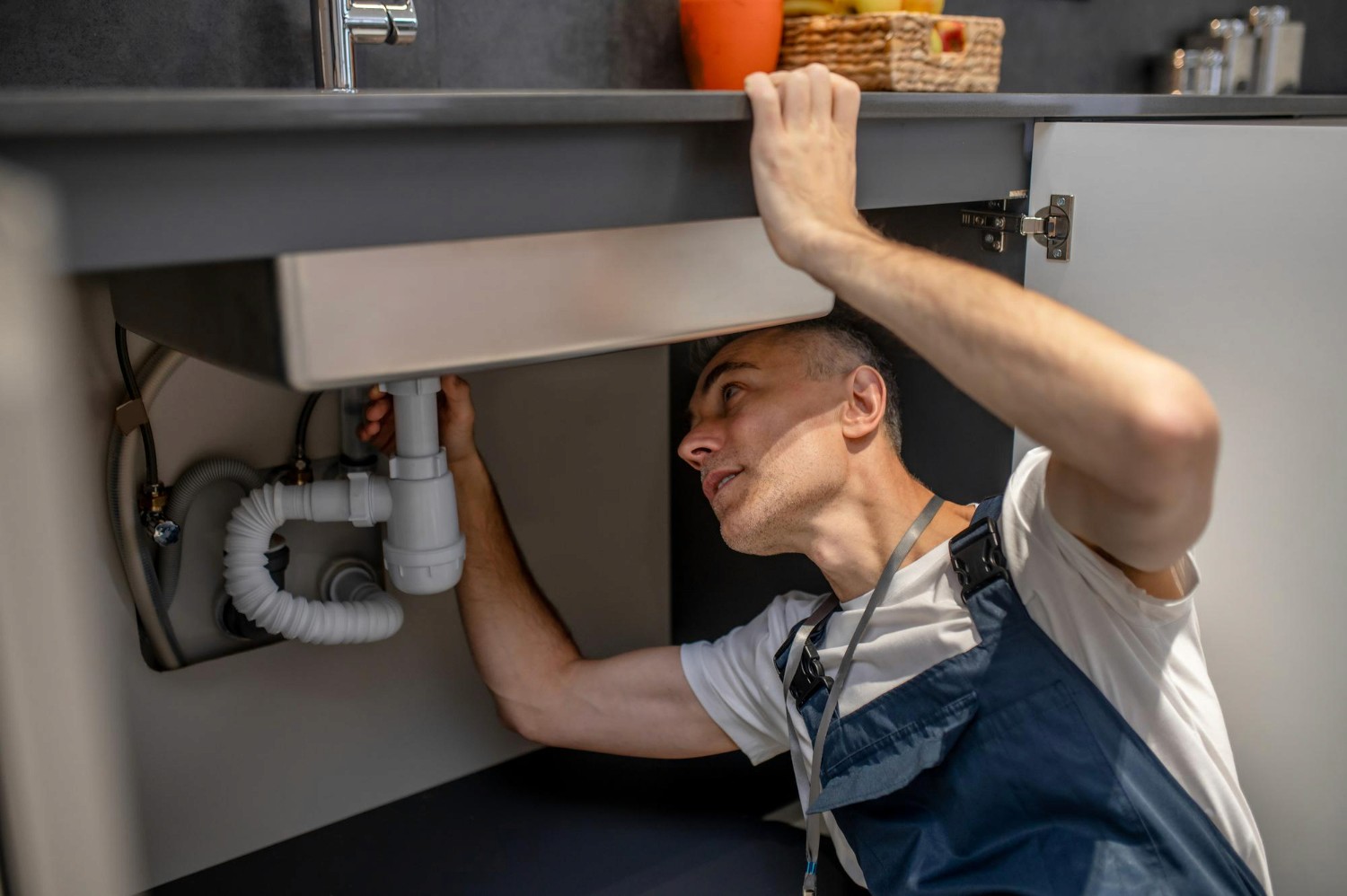
Drain Cleaning
Plumbing Heating
January 1, 2025
When it comes to home heating, few systems are as reliable and efficient as residential boilers. Boilers provide consistent warmth by circulating hot water or steam throughout your home, making them a popular choice for cold climates. In this blog post, we will explore the fundamentals of residential boilers, including their history, components, and common issues.
High-efficiency boilers cost more
The history of boilers dates back to the 19th century when steam-powered heating systems were first introduced. Over time, advancements in technology led to more energy-efficient models, including modern condensing boilers that maximize heat retention and minimize energy waste. Today, boilers are a key component of home heating systems, offering cost-effective and eco-friendly heating solutions.
Modern boilers not only provide reliable heating but also improve energy efficiency, reducing utility costs and environmental impact.
Components of a residential boiler system
Boilers consist of several essential components that work together to provide efficient heating. Here are the key parts of a residential boiler system:
Burner: The burner ignites fuel (gas, oil, or electricity) to generate heat.
Heat Exchanger: Transfers heat from the burner to water or steam.
Circulator Pump: Moves hot water through the system to radiators or underfloor heating.
Expansion Tank: Maintains system pressure and prevents water from overheating.
Thermostat: Controls temperature settings to maintain a comfortable indoor climate.
Common boiler issues
Like any heating system, boilers can develop issues that affect performance. Here are some of the most common problems:
No heat or hot water: Caused by thermostat malfunctions, low water levels, or pilot light issues.
Leaking or dripping: Often due to pressure issues, valve failure, or corrosion.
Strange noises: Banging, whistling, or gurgling sounds may indicate trapped air, limescale buildup, or pump failure.
Low boiler pressure: A loss of pressure can result from leaks, faulty valves, or air in the system.
Conclusion
Residential boilers play a crucial role in providing warmth and comfort, especially in colder regions. Understanding the basics of boiler systems, including their history, components, and potential issues, can help you maintain an efficient heating system in your home. If you encounter boiler problems, it’s best to contact a professional technician to ensure proper maintenance and repairs.


